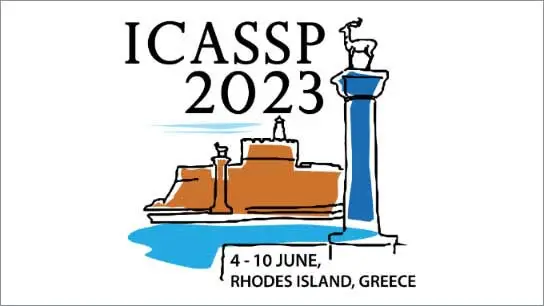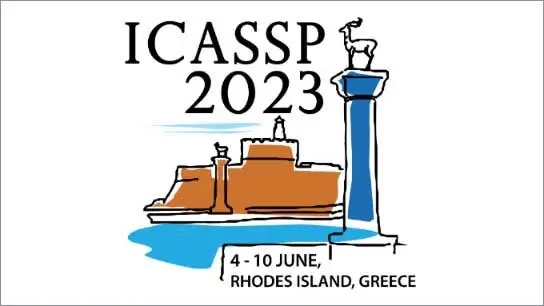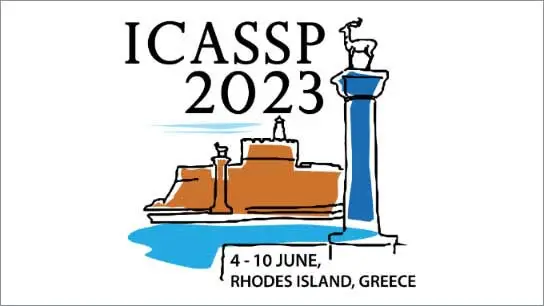Subject-specific Adaptation for a Causally-Trained Auditory-Attention Decoding System
Christine Beauchene (MIT Lincoln Laboratory); Mike Brandstein (MIT Lincoln Laboratory); Stephanie Haro (Harvard University ); Thomas Quatieri (Massachusetts Institute of Technology Lincoln Laboratory); Christopher Smalt (Massachusetts Institute of Technology Lincoln Laboratory)
-
Members: FreeSPS
IEEE Members: $11.00
Non-members: $15.00
06 Jun 2023
Future hearing-aid technology may allow a listener to isolate a single talker of interest from a mixture by shifting their attention as measured by Electroencephalography (EEG). Such decoding algorithms are often trained with data from a single individual or a pool of several participants (i.e., group model). Performance in either approach is limited: group models suffer due to the variability across subjects and time, while individual models are constrained by the limited data samples available. To overcome this challenge, we introduce a subject-specific adaptive form of AAD over short time windows to account for the variability across EEG recording sessions. Our subject-specific augmented model, adapts a group model to an individual, significantly improving decoding accuracy by approximately 10% as compared to an individual model. This result has implications for real-time applications of neuro-steered hearing aids, where causal-training data and real-time algorithms are necessary.



